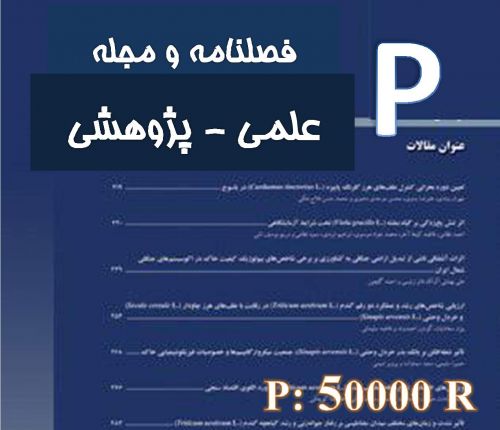The purpose of the present study was to investigate the effect of meaning-focused versus form-focused input-oriented and output-oriented task-based instruction on elementary level Iranian EFL Learners’ vocabulary comprehension and recall. To this end, a sample of 120 male students from a private school in Tehran was selected through convenience sampling and based on availability. The participants were placed in four groups, and each group was randomly assigned to a different treatment condition. The first group received instruction through meaning-focused input-oriented vocabulary tasks; the second group received instruction through meaning-focused output-oriented tasks; the third group received form-focused input-oriented vocabulary tasks, and the fourth group received form-focused output-oriented vocabulary instruction. At the end of the experimental period, all the participants were given a vocabulary comprehension as well as a vocabulary recall posttest. The results indicated that meaning-focused tasks were more effective than form-focused tasks on both vocabulary comprehension and recall. At the same time, input-oriented tasks turned out to be more effective than output-oriented tasks on only vocabulary comprehension. In vocabulary recall, input-oriented tasks were more effective when they were form-focused, while output-oriented tasks were more effective when they were meaning-focused. The findings of this study may have implications for teachers, learners, and syllabus designers.
کلید واژگان :task-based learning, form-focused tasks, meaning-focused tasks, input- oriented tasks, output-oriented tasks, vocabulary learning
ارزش ریالی : 350000 ریال
با پرداخت الکترونیک
